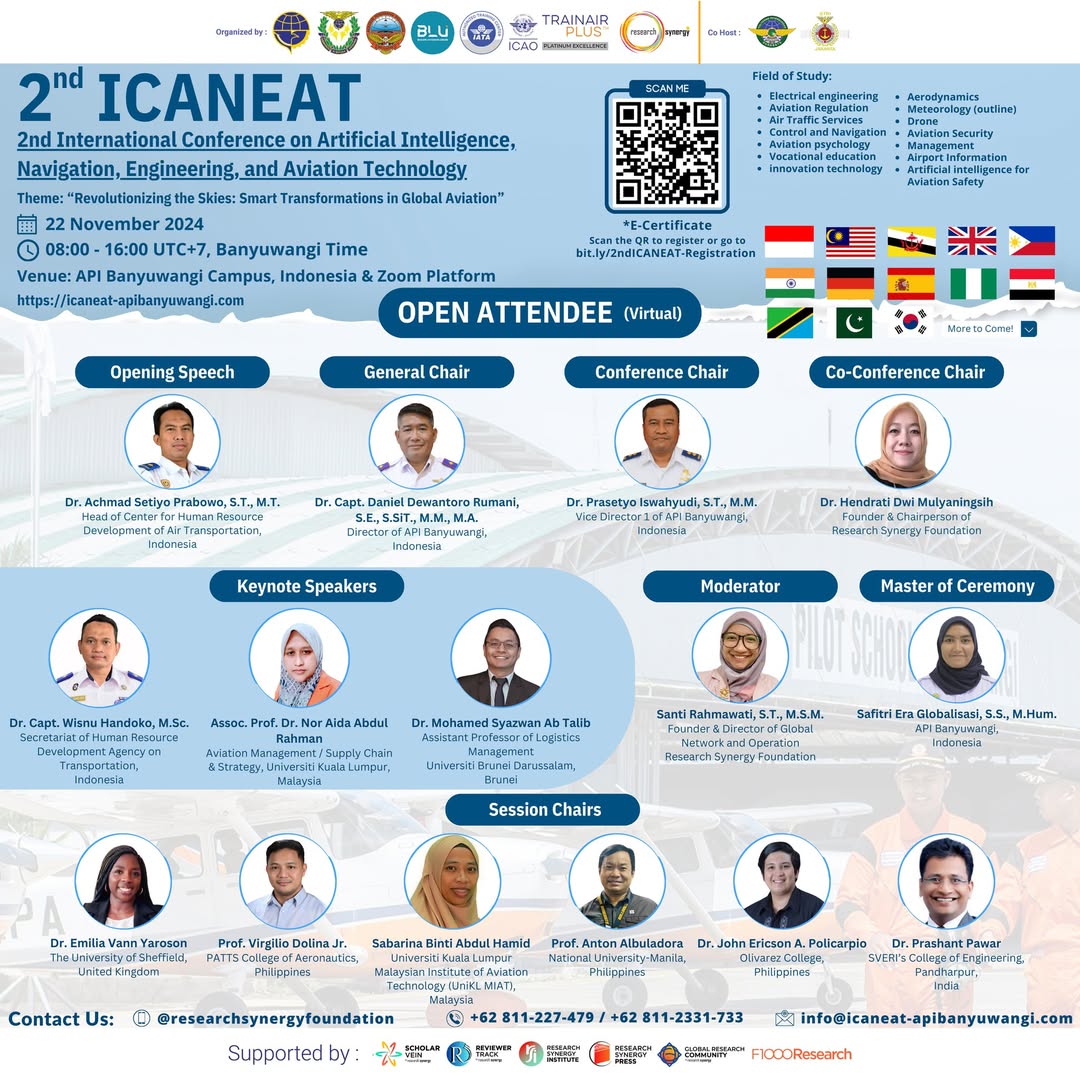The State's Responsibility for the Safeguarding of Inherited Property of Children with Special Needs
Keywords:
Inheritance Rightsl; Children with Special Needs; Guardianship; Legal Protection; State Responsibility.Abstract
This study explores the state's responsibility in safeguarding the inheritance rights of children with special needs, focusing on both national and international legal frameworks. The protection of children with disabilities, particularly regarding inheritance management, is a crucial issue given their vulnerable status in society. The study examines the role of national legislation, such as the 1945 Constitution, the Child Protection Law, and the Civil Code, in securing the inheritance rights of children with special needs. Additionally, it investigates the implementation of guardianship systems, particularly the curatela system, in Indonesian courts. The challenges that impede effective management and protection of these rights, such as a lack of awareness and institutional barriers, are identified. Furthermore, the study draws upon international legal instruments, including the Convention on the Rights of the Child (CRC) and the Convention on the Rights of Persons with Disabilities (CRPD), which mandate the state's obligation to ensure equal rights and access for children with special needs. The findings suggest that while there is a strong legal foundation, there are gaps in practical implementation that need to be addressed. The paper concludes with recommendations for policy reforms to strengthen the role of the state in guaranteeing the inheritance rights of children with special needs, ensuring their protection in line with inclusive and human rights standards.
References
[1] D. J. Sistyawan, M. H. A. Pakarti, H. Harmono, L. Judijanto, and D. I. Supaat, “Integrating Islamic Principles With Modern Legal Frameworks: Addressing Children’s Origin In Religious Courts,” Contemporary Issues on Interfaith Law and Society, vol. 4, no. 1, pp. 73–106, 2025.
[2] Z. Azwar and I. Armi, “Child Filiation and Its Implications on Maintenance and Inheritance Rights: A Comparative Study of Regulations and Judicial Practices in Indonesia, Malaysia, and Turkey,” J. Islamic L., vol. 5, p. 62, 2024.
[3] M. Ginturi, “The right of minors in the process of inheritance proceedings,” in International Scientific Conference “EDUCATION, RESEARCH, PRACTICE” Proceedings, 2024, pp. 446–454.
[4] T. H. Simatupang, R. Supriyatni, Z. Muttaqin, and S. D. Judiasih, “Paradox of state authority in supervision of child trust assets in Indonesia,” Cogent Soc Sci, vol. 9, no. 1, Dec. 2023, doi: 10.1080/23311886.2023.2209992.
[5] M. Alzawe, M. Jufri, and A. W. Sayed, “Legal Protection for Children Without Family Care: A Comparative Study of Oman, UAE, and Morocco,” Justicia Islamica, vol. 22, no. 1, 2025.
[6] L. Ramoutar and L. Hampton, “Exploring special guardianship: experiences of school belonging from the perspectives of the young people, guardians, and designated teachers,” Educ Psychol Pract, vol. 40, no. 3, pp. 279–302, Jul. 2024, doi: 10.1080/02667363.2024.2329143.
[7] K. Kruithof, D. Willems, A. Nieuwenhuijse, and E. Olsman, “Care and support for persons with profound intellectual and multiple disabilities without parents: A qualitative exploration,” Res Dev Disabil, vol. 130, p. 104334, Nov. 2022, doi: 10.1016/j.ridd.2022.104334.
[8] F. Mas’ar, “Artificial Intelligence and Islamic Ethics: A Framework for Ethical AI Development Based on Maqasid Al-Shariah,” in International Conference on Artificial Intelligence, Navigation, Engineering, and Aviation Technology, 2024, pp. 521–523.
[9] S. Nurhayati, E. Wakhyuni, and S. A. Hasibuan, “Enforcement of Labor Wages Below the Minimum Standard Reviewed from Government Regulation (PP) Number 36 of 2021 Concerning Wages and Islamic Law,” Paragraph, vol. 1, p. 36, 2021.
[10] A. Khasanofa and S. Larasati, “Comparative analysis of inheritance rights of children with different religions from their heirs according to Islamic law and civil law,” JPPI (Jurnal Penelitian Pendidikan Indonesia), vol. 10, no. 2, pp. 825–834, 2024.
[11] U.-U. D. N. R. Indonesia, “Undang-Undang Dasar Negara Republik Indonesia Tahun 1945 Dalam Satu Naskah,” Jdih. Bapeten. Go. Id, 1945.
[12] A. M. Amor, P. Navas, M. Á. Verdugo, and M. Crespo, “Perceptions of people with intellectual and developmental disabilities about COVID‐19 in Spain: a cross‐sectional study,” Journal of Intellectual Disability Research, vol. 65, no. 5, pp. 381–396, May 2021, doi: 10.1111/jir.12821.
[13] D. Zuhroh and A. Aziz, “Child Rights Education in Law No. 35 of 2014 on Child Protection,” Jurnal Abdimas, vol. 28, no. 2, pp. 203–207, 2024.
[14] M. Nurdin, “Regulation of the Education Rights of Persons with Disabilities in Law Number 8 of 2016 concerning Persons with Disabilities,” Legal Brief, vol. 11, no. 2, pp. 861–872, 2022.
[15] M. Klein, E. M. Sosu, and S. Dare, “Mapping inequalities in school attendance: The relationship between dimensions of socioeconomic status and forms of school absence,” Child Youth Serv Rev, vol. 118, p. 105432, Nov. 2020, doi: 10.1016/j.childyouth.2020.105432.
[16] F. M, Children’s Rights as Human Rights: Reading the UNCRC. Routledge, 2020.
Downloads
Published
Issue
Section
License
Copyright (c) 2025 Fauzan Mas'ar, Mulkan Nasution (Author)

This work is licensed under a Creative Commons Attribution-ShareAlike 4.0 International License.









